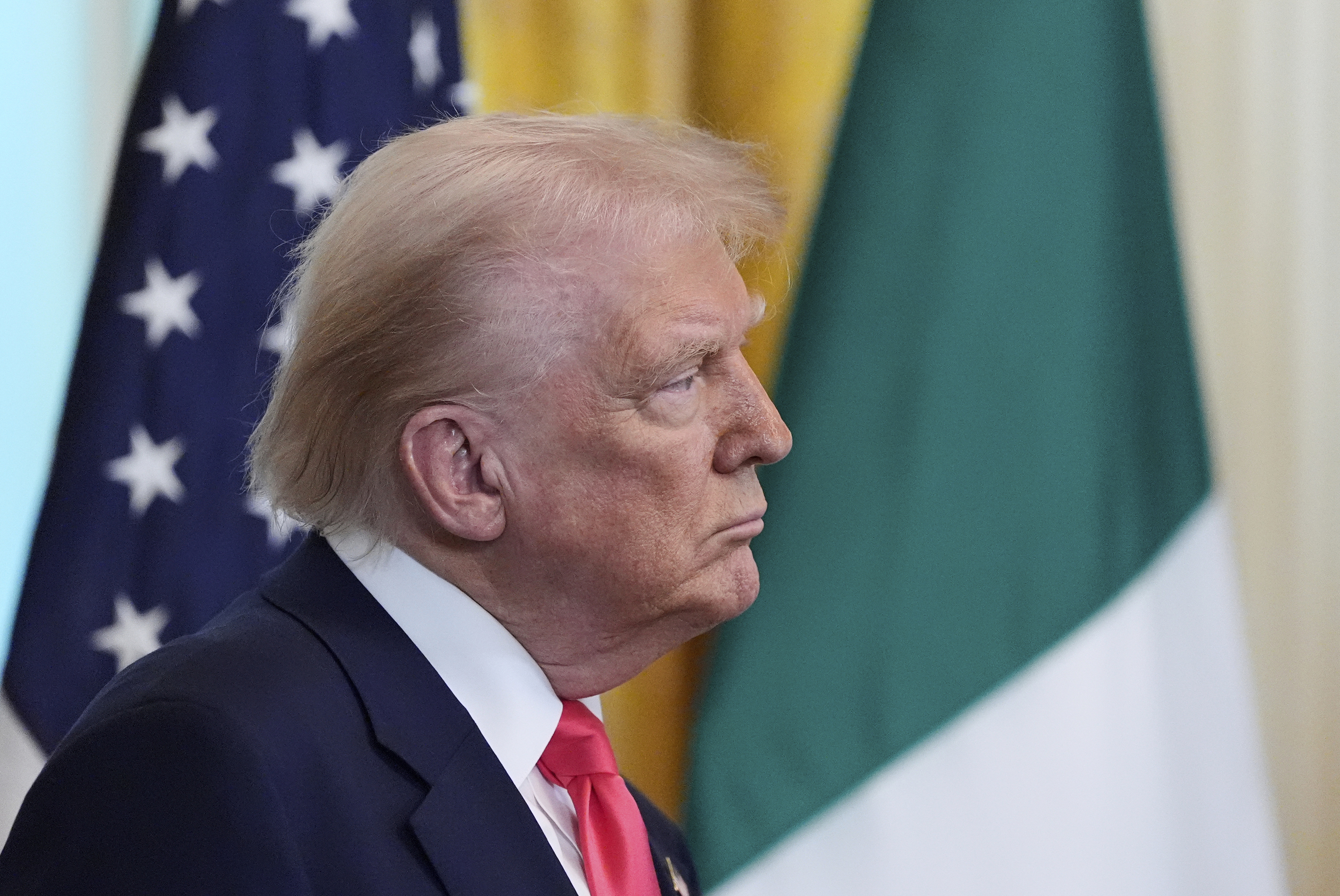The United States started the trade war with the rest of the world expecting, or rather threatening, a major escalation if Canada, Mexico, China, or the European Union responded, instead of bowing their heads and loosening their wallets. Obviously, that did not happen. One after another, all governments and blocs have reacted with tariffs to the tariffs, in a development that nobody outside the White House understands and that will harm billions of people.
Nevertheless, Donald Trump remains convinced that it is a winning strategy, that protectionist measures will enrich his citizens, and even that he will be able to lower taxes because the rest of the world will fill the Treasury's coffers. And that is why, instead of slowing down, he is prepared to take the next step: "Now it's our turn, the United States is going to recover much of what other countries stole," he said on Wednesday in response to the decisions announced from Brussels by the President of the European Commission, Ursula von der Leyen.
There was no novelty in Trump's words during an appearance with the Irish Prime Minister, Micheál Martin, where for every compliment he gave his guest, there followed a reproach, an offense, or a commercial threat, especially towards the pharmaceutical sector, one of his obsessions since returning to office. "The European Union treats us very badly, and has done so for years. I got fed up in my first year, but we had to solve other problems," he said in a classic mantra about how in his first term he already planned to get back at the Europeans for that constant mistreatment he perceives, but then Covid erupted and he had to postpone it.
"But now it's our turn, it's our time. What they are doing has not been fair. They sue our companies and make enormous amounts of money. They sued Apple, won $17 billion and use it for other purposes, I suppose, to run the European Union. So, I don't criticize them. They are doing what they should do, maybe in the European Union, but that generates ill will, and as you know, tariffs will be reciprocal," he added.
Trump said he doesn't understand why Europeans get angry. "Regardless of what they charge us for charging them, they will complain. Whatever it is, it doesn't even matter what it is. And I don't know why people get upset, because there is nothing fairer than that," he explained, anticipating the next steps. In the past week, the US clashed with Canada, which responded with tariffs to its neighbor's measures or by applying, as did Ontario, the most populous province and neighbor to several US states, a surcharge on electricity exports. Trump threatened to immediately double Canada's tariffs, there were calls, and the Premier of Ontario agreed to remove that additional tax and set aside the ultimatum of even rescinding supply contracts.
Trump wants to do the same, using all his power and threats of savage measures to contain the Europeans. "We had a problem with Ontario, we told them what we were going to do, and they stopped immediately (...) We have had many negative trade policies, and yet we are doing very well now. But we are doing well because I won the elections. If I hadn't won, we would have had a very bad period," he said, blaming the fall of the stock market on the Joe Biden administration.
The US President also defended his back and forth, imposing tariffs, suspending them, and exempting sectors, such as the automobile industry of major American brands. "I have the right to adapt. For example, the car manufacturers, the big three, called me and asked me for a favor. I'm not like a block. It's not called inconsistency, it's called flexibility. I will always have flexibility, but there will be very little once we start. April 2nd will be a very important day for the United States, we will recover much of what other countries stole because of, frankly, incompetent American leadership," he concluded.
"President Trump has once again used the advantage of the US economy, which is the best and largest in the world, to achieve a victory for the American people," celebrated Kush Desai, White House spokesperson, on Tuesday, referring to the steel and aluminum tariffs. The same goes for China or the EU. The key is that "advantage," that "leverage". In the case of Europe, it is security, defense, NATO. The strategy is more than clear.
